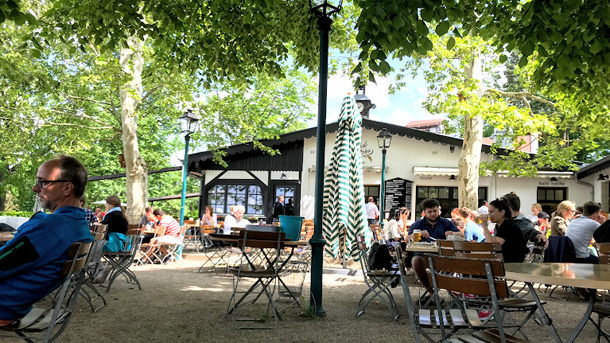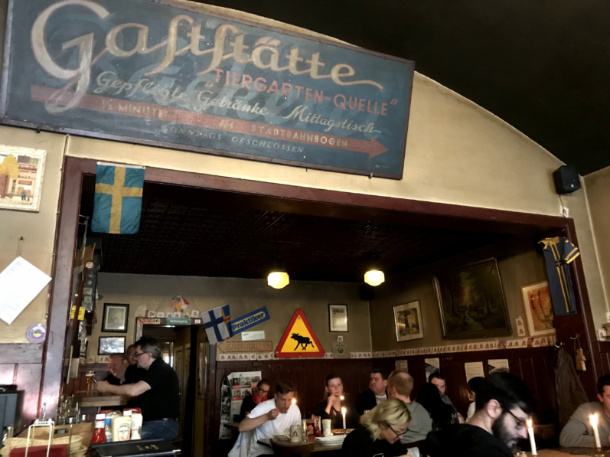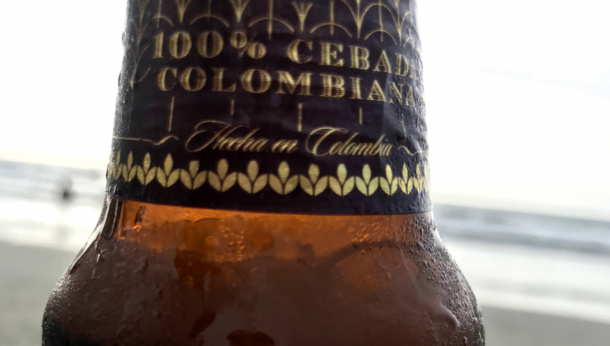
06.10.19, BEER AND WINE LINKS, MUSING
Ballast Point Dulling.
This was the culture at Ballast Point Brewing: “We built camaraderie among employees and just had a phenomenal culture of showing up to work, kicking serious ass, having a couple of beers with each other, and repeating the next day. We all felt very blessed to be able to do this for a living.” Sounds great, doesn’t it? When a business — any business, not just a brewery — considers what it means to be sustainable, and how that relates to sustain its company culture, things get more complicated.
The unwritten rules of round-buying.
“In practice, of course, all of these rules or customs are understood without being spoken, and possibly completely unconsciously. We moderate our behaviour based on the group we’re with, our knowledge of people’s financial situations, or their capacity for alcohol.” I thought about how this bit of culture is different than elsewhere when I read David Berg’s comment on Twitter that “It’s probably too much to ask, but maybe someday beer will once again be about this” with this being, “I honestly don’t care what beer you drink. It’s just good to be around friends.” In traveling recently from Munich to Poznan and back I was reminded how different all things related to beer look in the wild than the do on Beer Twitter. The picture at the top was taken on a Sunday at Brauerei Spezial in Bamberg. A few moments later the man on the left turned his empty ceramic mug on the side and rather quickly a server appeared with another round. No words were needed.

